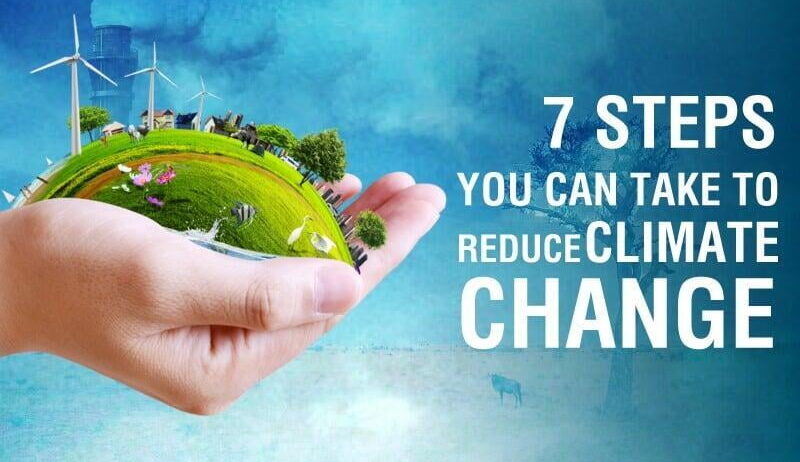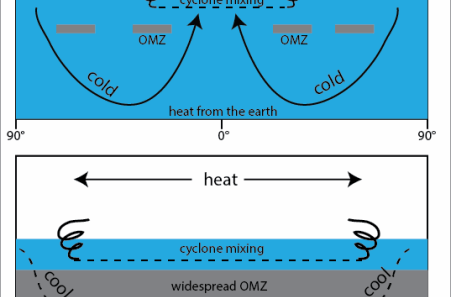Climate change is an existential crisis that the world is facing, with dire consequences for the ecosystem and humanity. However, it is often perceived as an insurmountable problem, leaving many individuals feeling powerless. This perception is misleading. In fact, personal and community action can contribute significantly to mitigating climate change. It is crucial for individuals to understand that small, seemingly inconsequential acts can yield substantial results when practiced collectively. This article explores various strategies that individuals can employ to aid the fight against climate change.
1. Energy Conservation: The Power of Small Changes
One of the most immediate actions individuals can take is to conserve energy in their homes. Simple practices such as turning off lights when leaving a room, unplugging devices that are not in use, and utilizing energy-efficient appliances can lead to significant reductions in energy consumption. The adoption of energy-saving LED bulbs instead of traditional incandescent ones can reduce electricity usage by up to 75%. Moreover, setting thermostats a few degrees lower in winter and higher in summer can help decrease energy demand.
2. Sustainable Transportation: Rethinking Mobility
Transportation is a primary contributor to greenhouse gas emissions. Individuals can play a pivotal role in reducing these emissions by rethinking their mobility options. Utilizing public transport, carpooling, biking, or walking whenever possible can drastically cut down transportation-related carbon footprints. Additionally, the transition to electric vehicles (EVs) is another effective method for reducing reliance on fossil fuels. Electric vehicles produce zero tailpipe emissions and can be powered by renewable energy sources, further alleviating the environmental burden.
3. Mindful Consumption: The Choices We Make
The products we choose to buy have profound environmental implications. Adopting a mindset of mindful consumption can activate change. This includes selecting products with minimal packaging, opting for sustainable brands, and purchasing locally sourced goods, which can help reduce carbon emissions associated with long-distance transportation. Moreover, reducing meat and dairy consumption, or embracing a plant-based diet, can significantly decrease one’s carbon footprint since livestock farming is a major contributor to methane emissions, a potent greenhouse gas.
4. Waste Reduction: Rethinking Discarded Materials
Landfills are not just a place for discarded items; they are also a significant source of methane emissions. Individuals can minimize their waste output by embracing the principles of reduce, reuse, and recycle. Encouraging composting practices for organic waste can significantly reduce landfill burden while also enriching soil health. Joining or initiating local community clean-up events can enhance public green spaces while fostering communal responsibility towards the environment.
5. Educating and Advocating for Change
Education is a formidable tool in the quest against climate change. Individuals can inform themselves and others about the realities of climate issues. Engaging in discussions, sharing knowledge within communities, and utilizing social media platforms can amplify these efforts. Furthermore, advocating for policy changes is crucial. Individuals can write to their local representatives, urging them to adopt environmentally friendly policies or support legislation geared toward combating climate change.
6. Supporting Renewable Energy Initiatives
Transitioning from fossil fuels to renewable energy sources is paramount for halting climate change. Individuals can support renewable energy initiatives by advocating for green energy policies and investing in renewable energy for their homes, such as solar panels. Furthermore, choosing to purchase energy from green suppliers or participating in community solar projects can contribute to increasing the demand for sustainable energy sources.
7. Engaging in Community Action
Community action is vital in implementing systemic changes necessary for tackling climate change. Individuals can engage in local environmental groups or initiatives that focus on sustainability projects. These can include tree planting drives, community gardens, or local conservation projects aimed at protecting local ecosystems. By uniting with like-minded individuals, the impact of collective action is amplified, creating a ripple effect throughout the community.
8. Embracing Technology: Innovation Meets Activism
Technology can bolster efforts to combat climate change in innovative ways. Numerous apps and platforms exist to help individuals monitor their carbon footprints, track energy consumption, and even connect with local sustainable initiatives. Engaging with these technologies not only encourages personal accountability but also fosters a broader network of environmental activists. Understanding the role of technology in shaping a sustainable future is essential in modern environmental advocacy.
9. Cultivating a Sustainable Mindset
Cultivating a sustainable mindset is crucial. It involves a deep-seated recognition of the interconnectedness of all life and the impact of human activity on the planet. Embracing a lifestyle rooted in sustainability requires dedication and a willingness to prioritize environmental health over convenience. This mindset transformation is pivotal in shifting societal values towards a more sustainable paradigm.
Conclusion: A Collective Responsibility
In conclusion, combating climate change requires a collective effort fueled by individual action. While the challenges posed by climate change may seem daunting, the cumulative impact of small, conscientious acts can lead to profound change. By embracing sustainable practices, educating oneself and others, and advocating for system-wide reforms, individuals can be powerful agents of change. The fight against climate change is not merely a responsibility of governments and large organizations; it is a call to action that resonates with each and every one of us, reminding us that together, we can create a more sustainable future for our planet.








